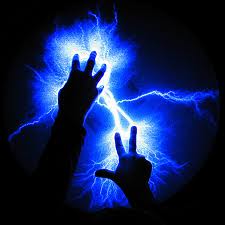Hello seniors, and welcome to the new AP English blog for Tuscaloosa Academy!
I know that several of you have already started reading and responding to the books for this summer. I hope you're enjoying them; in fact, I'm reading all three of them for the first time along with you, so I especially look forward to hearing your thoughts.
You've already read Mr. Picken's excellent criteria and guidelines
here, at the former blog. These still apply. Follow these suggestions (especially the one about length!) and you'll do great.
I wanted to add just a couple more suggestions:
1. Read these books in whatever order you choose -
but I recommend keeping notes along the way. Keep a pen, pencil, or stylus handy, and scribble notes in the margins. It will make writing your responses SO much easier. Plus, they'll probably be more coherent . . . when you go back to write your responses, the notes will jog your memory and you'll have multiple posts on your hands. I promise.
2. When you get an idea about for a post, "word vomit" it ASAP. It doesn't have to perfect - you can clean it up later before you post. The important thing is getting your ideas on paper before they slip away and you're left mourning the loss of a brilliant idea.
For those of you I've already met, I'm looking forward to seeing you again. For those I haven't, I can't wait to meet you. If you have any questions, please feel free to email me at astone@tuscaloosaacademy.org.












